NEWS
Support free expression for all
At Index on Censorship, we believe everyone deserves the right to speak freely, challenge power and share ideas without fear. In a world where governments tighten control and algorithms distort the truth, defending those rights is more urgent than ever.
But free speech is not free. Instead we rely on readers like you to keep our journalism independent, our advocacy sharp and our support for writers, artists and dissidents strong.
If you believe in a future where voices aren’t silenced, help us protect it.
At Index on Censorship, we believe everyone deserves the right to speak freely, challenge power and share ideas without fear. In a world where governments tighten control and algorithms distort the truth, defending those rights is more urgent than ever.
But free speech is not free. Instead we rely on readers like you to keep our journalism independent, our advocacy sharp and our support for writers, artists and dissidents strong.
If you believe in a future where voices aren’t silenced, help us protect it.
At Index on Censorship, we believe everyone deserves the right to speak freely, challenge power and share ideas without fear. In a world where governments tighten control and algorithms distort the truth, defending those rights is more urgent than ever.
But free speech is not free. Instead we rely on readers like you to keep our journalism independent, our advocacy sharp and our support for writers, artists and dissidents strong.
If you believe in a future where voices aren’t silenced, help us protect it.
At Index on Censorship, we believe everyone deserves the right to speak freely, challenge power and share ideas without fear. In a world where governments tighten control and algorithms distort the truth, defending those rights is more urgent than ever.
But free speech is not free. Instead we rely on readers like you to keep our journalism independent, our advocacy sharp and our support for writers, artists and dissidents strong.
If you believe in a future where voices aren’t silenced, help us protect it.
At Index on Censorship, we believe everyone deserves the right to speak freely, challenge power and share ideas without fear. In a world where governments tighten control and algorithms distort the truth, defending those rights is more urgent than ever.
But free speech is not free. Instead we rely on readers like you to keep our journalism independent, our advocacy sharp and our support for writers, artists and dissidents strong.
If you believe in a future where voices aren’t silenced, help us protect it.
READ MORE
-

Turkish arrest warrant against Nedim Türfent condemned
Index and other organisations sound alarm over threat of extradition facing the Kurdish writer, journalist and poet
-

The week in free expression: 21–27 June 2025
Index rounds up of some of the key stories covering censorship and free expression from the past seven days
-

I was once a journalist in Gaza – now I’m a refugee in Egypt
Denied the right to do my job, I’ve gone from reporting on the frontlines of the Israeli military campaign to fighting for my survival in exile
-
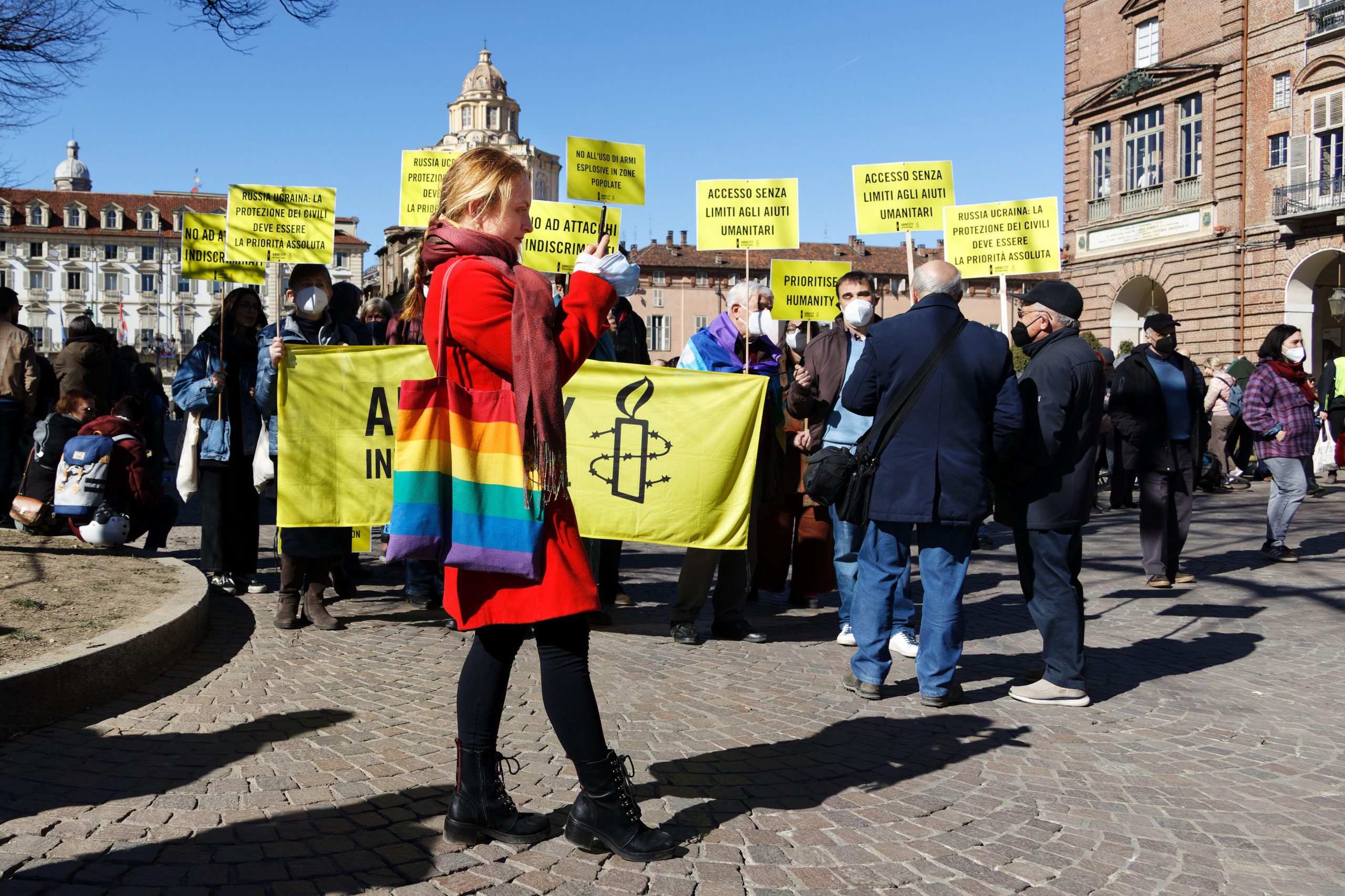
The week in free expression: 17–23 May 2025
Index rounds up of some of the key stories covering censorship and free expression from the past seven days

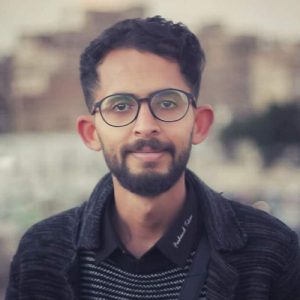 Yemeni artist Thiyazen Al-Alawi uses his craft to shed light on the destructive situation in Yemen through street art campaigns. He hopes to inform the public of what the war has done to his homeland.
Yemeni artist Thiyazen Al-Alawi uses his craft to shed light on the destructive situation in Yemen through street art campaigns. He hopes to inform the public of what the war has done to his homeland.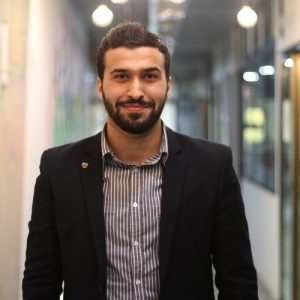 Moe Moussa is a journalist, podcaster, poet, and the founder of the Gaza Poet Society. He uses various forums and mediums to amplify the voices of Palestinians.
Moe Moussa is a journalist, podcaster, poet, and the founder of the Gaza Poet Society. He uses various forums and mediums to amplify the voices of Palestinians.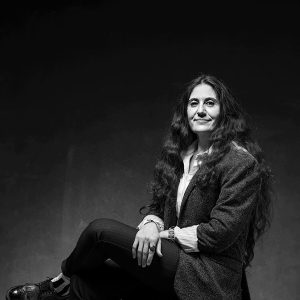 Fatoş İrwen is a Kurdish artist and teacher from Diyarbakır, Turkey working with a variety of materials and techniques.
Fatoş İrwen is a Kurdish artist and teacher from Diyarbakır, Turkey working with a variety of materials and techniques.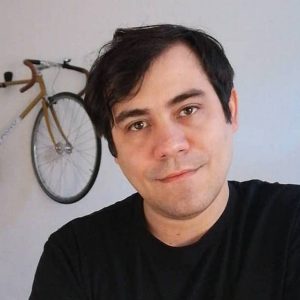 Hamlet Lavastida has been described as a political activist by way of art. Lavastida uses his art to document human rights abuses in Cuba and to criticise Cuban authorities.
Hamlet Lavastida has been described as a political activist by way of art. Lavastida uses his art to document human rights abuses in Cuba and to criticise Cuban authorities.